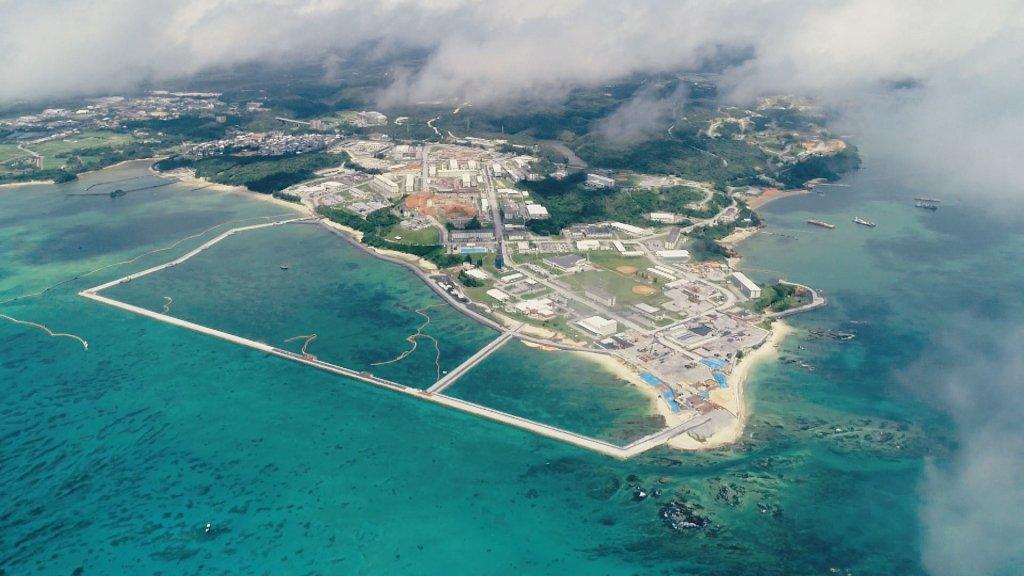RIO DE JANEIRO, BRAZIL – Many Japanese are not happy about the continuing huge U.S. military presence in the country, especially in Okinawa. They see themselves as still occupying the country. One activist has now gone on hunger strike.
As preparations are made in Okinawa for the 50th anniversary of the prefecture’s return to Japan on Sunday, many islanders say they have no reason to celebrate.
Read also: Check out our coverage on curated alternative narratives
They believe the official events marking the handover of Japan’s southernmost prefecture to the U.S. military in 1972 should be an occasion to reflect on the damage done to their culture over the past five decades, the loss of their language and heritage, the environmental degradation of their land and what they perceive as a continuing colonial occupation of the islands.

Much of the simmering resentment can be traced to Okinawa’s significant U.S. military presence, which makes up only 0.6% of Japan’s total landmass but hosts 70.3% of U.S. military installations across the country. A total of more than 47,000 U.S. troops currently remain in the country.
The location may be a geographical coincidence. The Allies invaded the islands in the final days of World War II and chose to remain after the conflict ended as a bulwark against the threat perceived by Cold War rivals in the Asia-Pacific region. Still, nearly 80 years after the war ended, many locals believe it is time for the Americans to leave.
Thirty-year-old Jinshiro Motoyama is one of them. “The Japanese government wants there to be a celebratory mood, but that’s not possible considering the situation around the U.S. bases is still unresolved,” the doctoral student told reporters on Friday, the fifth day of his hunger strike, according to The Guardian.
He acknowledged that Okinawa’s 1.4 million residents have become more prosperous over the past half-century – although the archipelago is still the poorest of Japan’s 47 prefectures – but said the island is still treated like a quasi-colonial outpost.
“The biggest problem since the return to Japan and since the end of World War II has been the presence of U.S. military bases that have been built on a disproportionate scale on Okinawa.” He said, “My main demand is the immediate completion of work on the new base at Henoko and a reduction in the total number of U.S. bases in Okinawa.”
A particular nuisance for Okinawans is the many cases of rape by U.S. soldiers of local girls. U.S. soldiers did not even stop at a nine-month-old infant and an elementary school student, as illustrated by a publication of a women’s rights group on the island, reported by the Japan Times.

Around 350 cases of rape and sexual assault by U.S. soldiers in recent decades were documented. However, the number of unreported cases is said to be significantly higher. This is also one of the reasons why there are repeated protests against the US military bases on the island.
However, given that the pro-American central government in Tokyo has always declared its security alliance with the United States, it is unlikely that Jinshiro Motoyama’s hunger strike will have any effect. Like the many mass protests involving tens of thousands of people, this action will join the relatively unsuccessful efforts of the past as long as the Japanese continue to vote for those parties that want to maintain the status quo instead of working for true national sovereignty. A similar situation, then, as in the Federal Republic of Germany.

